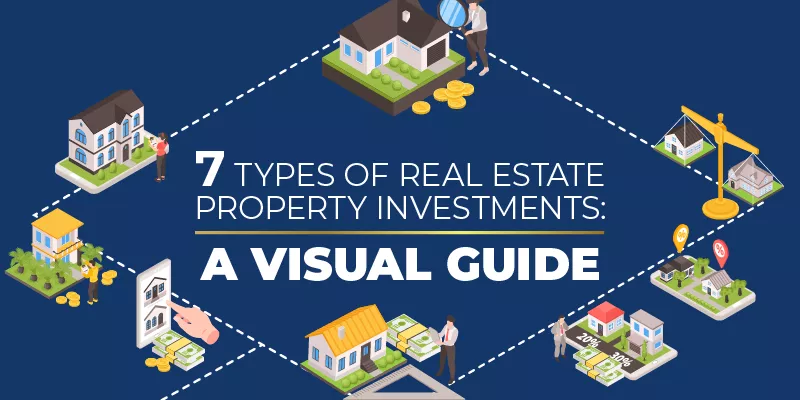Investing in real estate is the most obvious and practical plan. In the last couple of decades, the country’s real estate market has grown exponentially. Now, the industry is ripe for new investors looking to diversify their financial portfolios and prepare themselves for the future.
It’s high time you reap the rewards of your labor. But you must not go into things blindly. Remember that the whole process can get potentially confusing, especially for beginners. At some point, you might feel too overwhelmed to power through till a deal is closed, which would result in a waste of your efforts.
Fortunately, we can all take a cue from the experts. So, to help first-time property investors start off on the right foot, here are a few words of wisdom from seasoned real estate investors.
1. Establish that you have the time and resources to be a landlord.
Consider renting out real estate properties as passive income. But, keep in mind you won’t be entirely passive throughout. You need to look after the properties you entrust to tenants. That always requires time and resources. Also, it won’t hurt if you’re equipped with basic house maintenance skills, at least if you want your profit maximized.
2. Pay off unrelated debts.
Before purchasing real estate properties, you should ensure that you’re not financially encumbered by debts, especially if you’re considering mortgage payment. Begin with a clean slate by taking care of any outstanding IOUs first. Peace of mind is priceless.
3. Have clear criteria of the type of investment you’re looking for.
Ideally, you should stick within those parameters. Here, the first thing to consider is your budget. You don’t want to bite off more than you can chew. That’s true whether you’re investing in a property for personal use or business. The real estate market is saturated with all kinds of properties. Do not get swayed by tempting offers that fall outside your investment plans.
4. Examine hundreds of properties before choosing one.
The minute you start browsing through listed properties, you’re bound to see one that quickly gets your heart beating faster. However, remember that there’s no love at first sight when it comes to real estate investment. The best strategy here is researching as many listings as possible before deciding which offer to say yes to.
5. Choose a location that works best for you.
Accessibility is key. That is if you plan to be hands-on with property management. But if you have no qualms about hiring a property manager, then you can opt for listings that may require a long drive from your primary residence. Just make sure the property you’re looking into makes up for its inaccessibility with other factors, such as being located in an economically promising area.
6. Make sure you run some ROI analysis.
Your expenses do not end after the purchase. For example, if you invest in rental apartments, you’ll be in charge of any major maintenance and repairs. This is where you need to do the math. Make sure you’re getting more out of it then you’re putting in.
7. Secure a down payment.
Ideally, you’ve saved enough to pay the down payment out-of-pocket. However, if that’s not the case, you can apply for a bank loan. Your credit standing needs to be outstanding. If you’ve taken care of those debts we mentioned earlier, you should have nothing to worry about.
8. Be cautious of high interest rates.
Shop for bank loans the same way you shop for real estate properties. The more options you consider, the better. Banks try to outdo each other by offering competitive interest rates to borrowers. Sign with the highest bidder. And by that, we mean the bidder with the lowest interest rates on offer. Additionally, you should always keep payment terms and other key conditions in mind.
9. Understand your desired margins.
Again, this requires mathematics. Basically, you need to approximate the kind of earning potential you could be satisfied with. That equates to adding up expenses related to maintaining the property you want to buy, such as taxes and maintenance costs.
10. Get landlord insurance.
Safeguard your property, and your financial security in general, with landlord insurance. Should an unfortunate event happen to the apartment you rent out, for example, you will be duly covered. Coverage usually includes liability protection, loss of rental income, and property damage. Once again, peace of mind as a property investor is priceless. So, make sure you’re prepared.
Real estate properties instead of a monument
Think of your financial future. Do everything in your power to secure it. Real estate investments are one way to pull that off. It’s the kind of passive income that will allow you to retire in comfort and style.
Get started with top-tier property deals from RE/MAX Gold.




